Welcome!
Welcome to the Oregon Climate Action Hub (ORCAH): an information hub about climate action opportunities at individual, community, organizational, and policy levels, with a focus on collective action.
ORCAH includes projects that foster equity through an intersectional approach to reducing sources of greenhouse gas emissions; enhancing nature’s carbon sinks to support sequestration of CO2; and/or building a broad-based infrastructure for climate adaptation and community resilience.
The platform helps users find out what’s happening and find positive ways to engage; helps organizers connect with each other’s work; and facilitates getting climate action opportunities to new audiences.
Mission
The Oregon Climate Action Hub (ORCAH) is on a mission to empower ALL Oregonians to take effective climate action.Our goal is to build individual and community capacity for action, and encourage each of us to live in ways that create a vibrant future for all.
By mobilizing climate concerned Oregonians and normalizing climate-positive engagement, ORCAH grows the climate movement's reach and efficacy, for a just and livable future.
Who We Are
The Oregon Climate Action Hub has been built and is currently sustained by an all-volunteer team. Interested in joining us? Great! We are always looking for new people across Oregon to join our team, in ways that fit your interests and goals. Please get in touch through the Hub, or by email.
The Core Team:
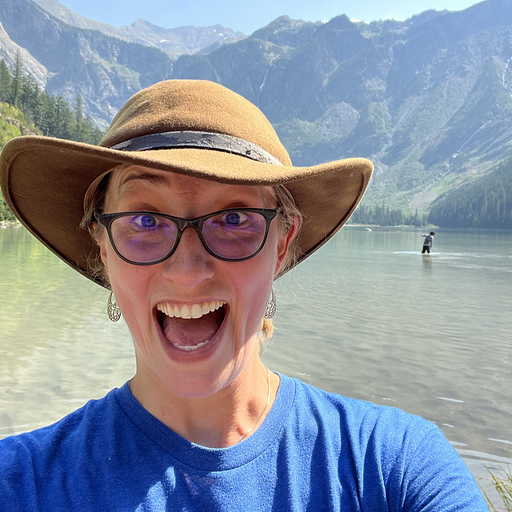 |
Karen Wolfgang (she/her) Founder & Core Team Convener Karen was born and raised in Portland, and has moved progressively eastward within the city until landing so far out that there are only six more blocks between her house and Gresham. After earning an undergraduate degree from Princeton ('06) and a Masters from Portland State University ('08), she started and ran a small business helping people grow their own food and complete other sustainable home improvements. She then became an adoptive mom to two neurodivergent multiracial kiddos and pivoted to teaching and consulting. Today she runs a private foundation and works on climate restoration and community resilience through the Oregon Climate Action Hub, as Team Leader for Centennial's Neighborhood Emergency Team (NET), and through other emergent collaborative organizing efforts. LinkedIn profile |
 |
Caz Lockwood (she/her) Admin Team Convener |
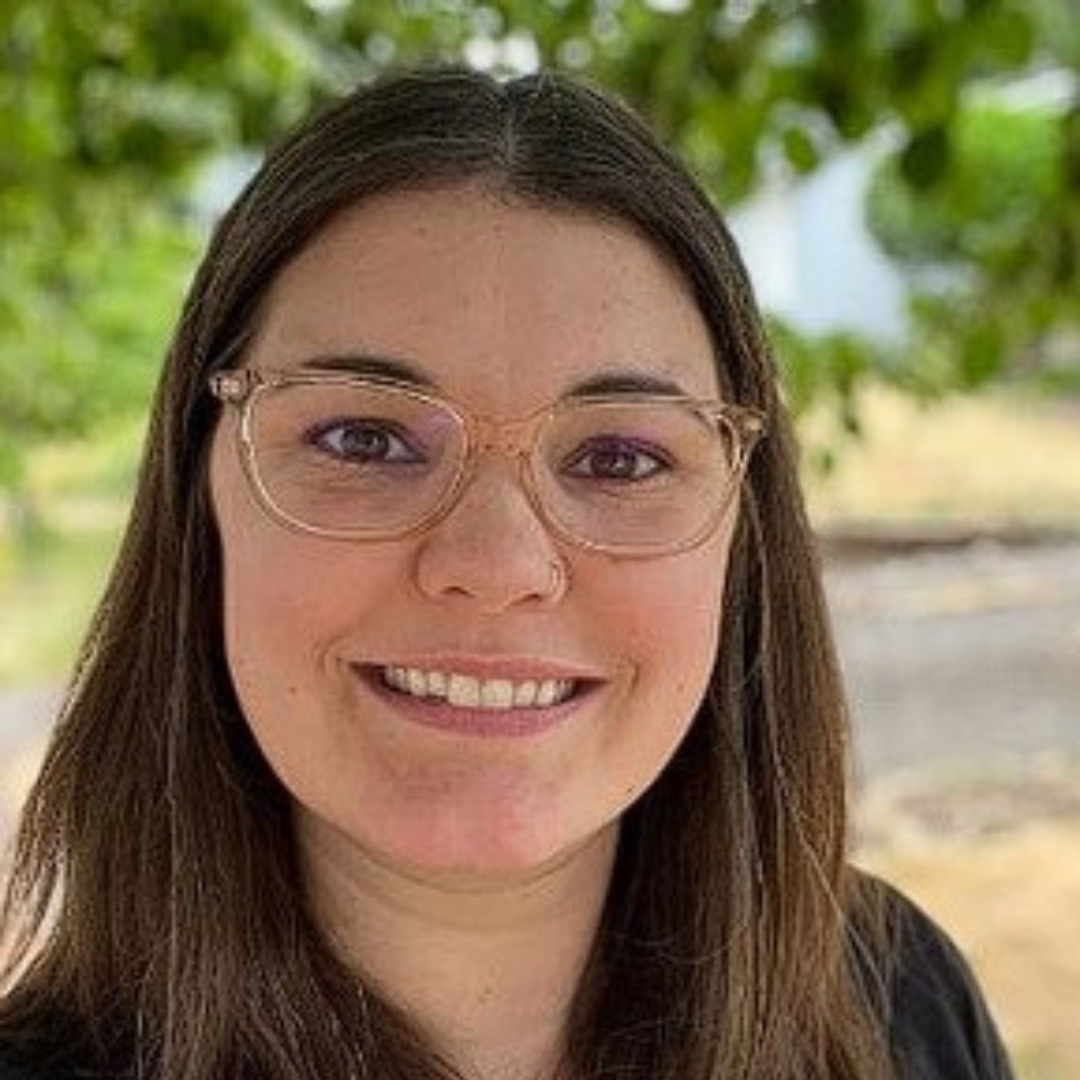 |
Tara Kreft (she/her) Technical Team Convener |
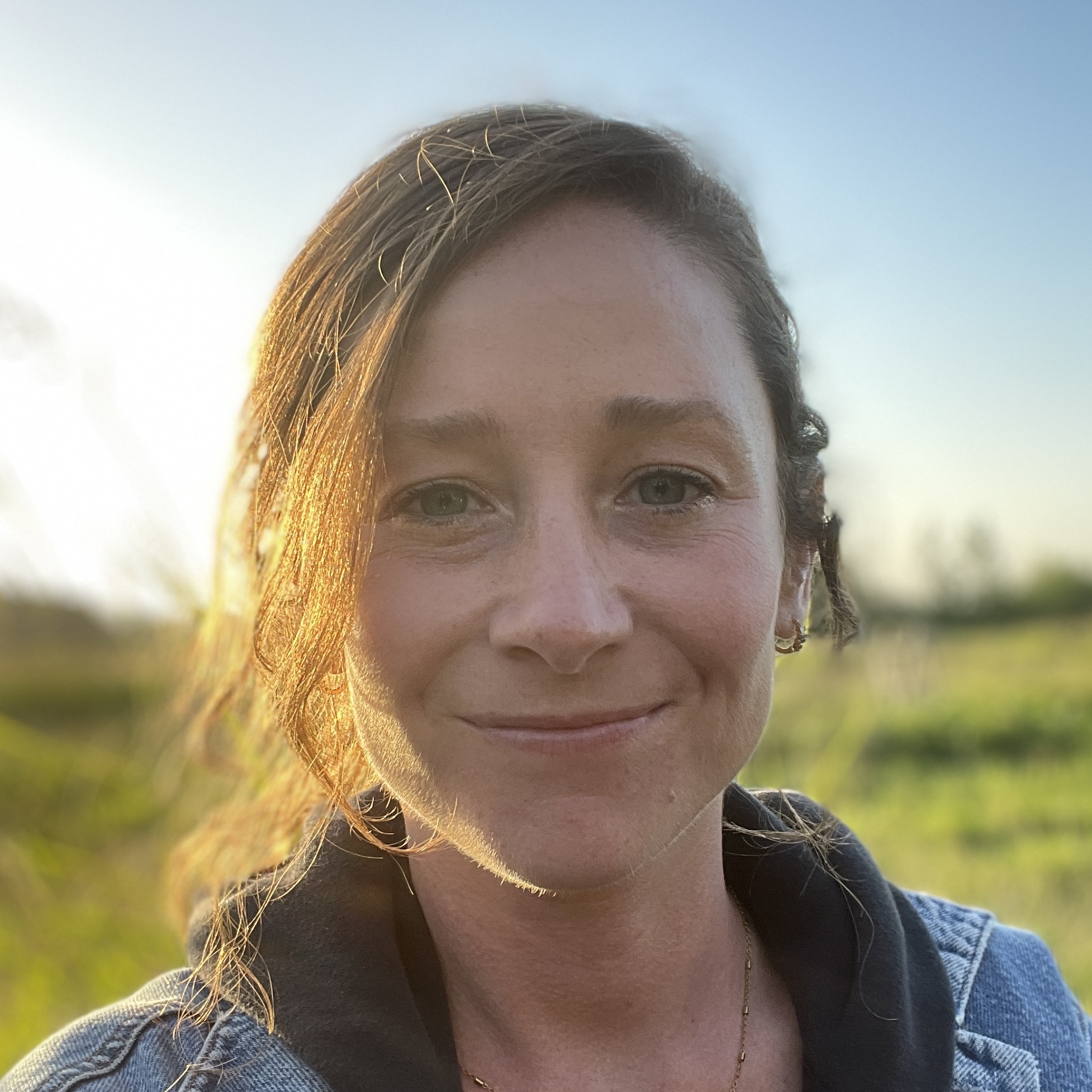 | Simone Crowe (she/her) Communications Team Convener Simone lives in Portland, Oregon on the lands of the Umatilla, Cowlitz, Confederated Tribes of Grand Ronde, and the Confederated Tribes of Siletz Indians. She is a facilitator of Climate Justice Alliance’s Just Recovery Working Group, representing OPAL Environmental Justice. In addition to community resilience efforts, Simone serves on the board of the Oregon Chapter of the Sierra Club, writes, paints, and spends as much time as she can outside. For the past three years, Simone was the Oregon Green New Deal Policy Organizer for the Oregon Just Transition Alliance. During her time there, Simone co-led two successful statewide coalitions and campaigns, Community Resilience Hubs and Building Resilience. She designed and co-facilitated community listening tours, multiple Energy Justice Leadership Institutes, led communications, and helped further community-centered energy justice in Oregon. She led fundraising, communications, coalition organizing, trainings, and organizational development. Simone was the Field Director for the successful ballot initiative, Portland Clean Energy Fund, and managed communications for anti-hunger and anti-domestic violence advocacy organizations. She has an MFA in Collaborative Design from PNCA where she applied human-centered design to community-engaged policy development. Simone grew up on the coast of rural Maine and attended Prescott College in Arizona. She has lived in Portland for the past decade with her family and dog, Luigi. |
The Advisory Board:
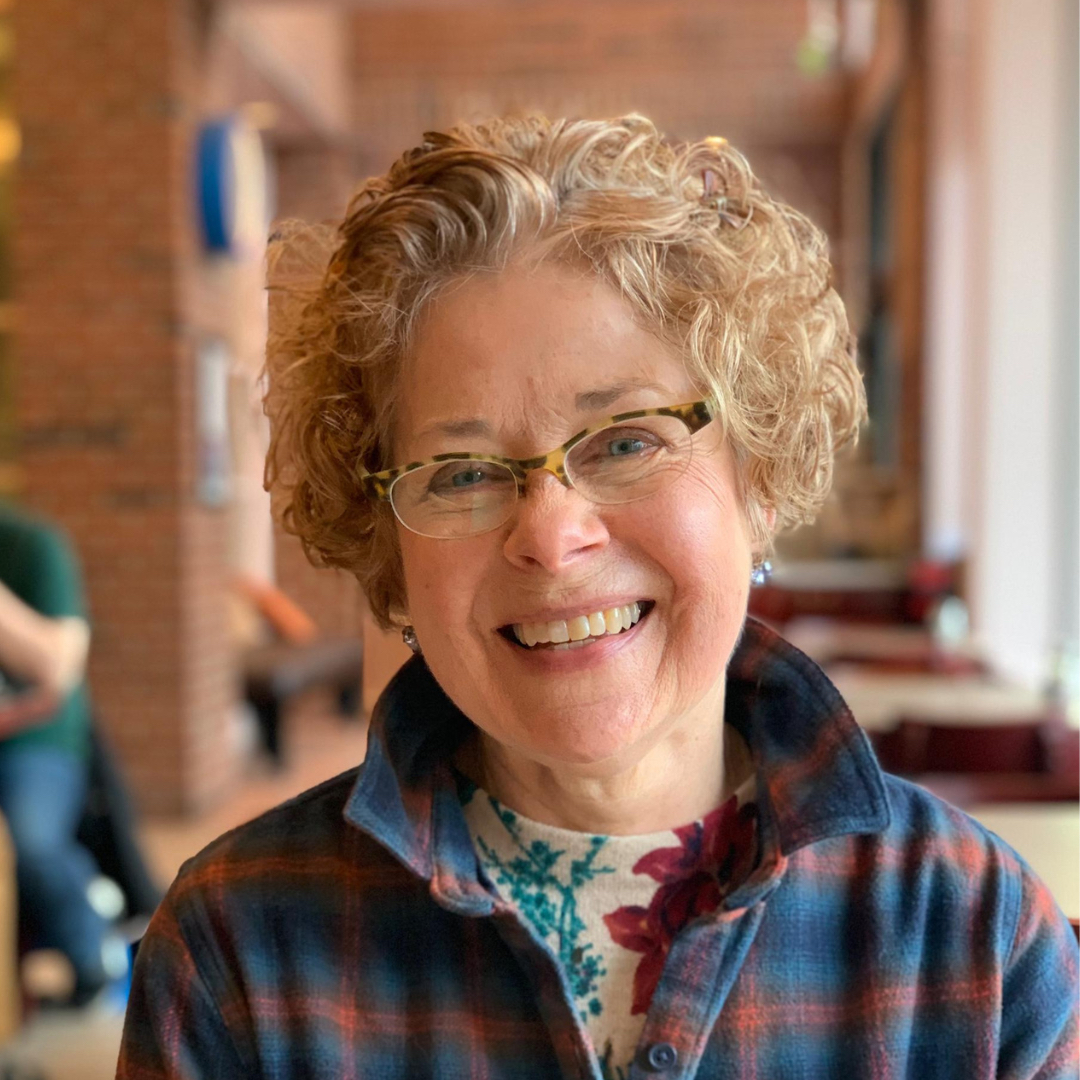 |
Diana Jones (she/her) Founder & Advisory Board Convener |
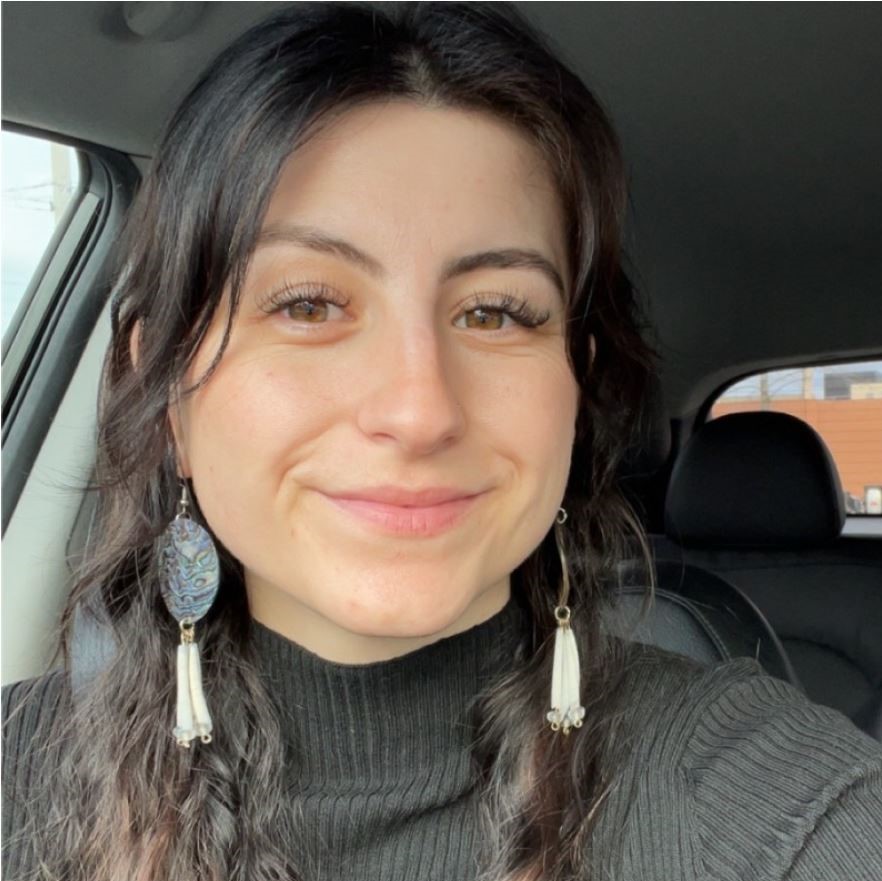 |
Coral Avery (they/them) Coral is a citizen of the Shawnee Tribe and graduate of Oregon State University with a double Bachelors of Science in Human Dimensions of Natural Resources and Sustainability and a minor in German. Coral is a published author and photographer with a decade of experience in the environmental field in areas including Tribal climate resilience, multimedia art & communications, environmental education, and sustainable community development. Coral has previously volunteered with Our Climate, PDX Youth Climate Summit, and Friends of Trees, and enjoys beadwork, gardening, hiking, paddleboarding, and many more outdoor activities. Over the years, they have found an equal home in San Diego County and the forests of western Oregon, where they reside today. They will be leaving ORCAH in 2024 to pursue a masters in Environmental Justice at the University of Michigan School for Environment and Sustainability. |
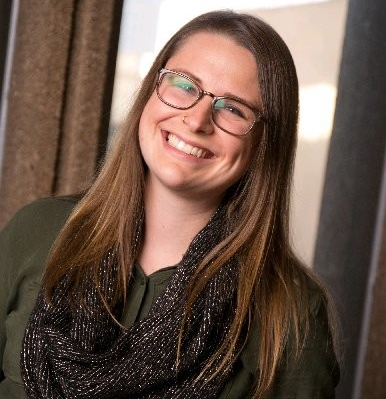 |
Britney VanCitters (she/her) Britney is the Political & Organizing Director at the Oregon League of Conservation Voters (OLCV). She’s been working at OLCV 2020, when she started as an engagement organizer. Prior to working with OLCV, she ran the Environment Oregon Portland canvas office for 3 years. She started her career as a community organizer in Clean Water Action’s Oakland office, not too far from where she grew up (just outside of the Bay Area). Britney graduated from the University of Oregon in 2014 with a BS in environmental studies. In her free time she enjoys watching Law & Order SVU, RuPaul’s Drag Race, and Oregon football; playing the Legend of Zelda, coloring and watercolor painting. She lives in SE Portland with her long-time partner and their dog. |
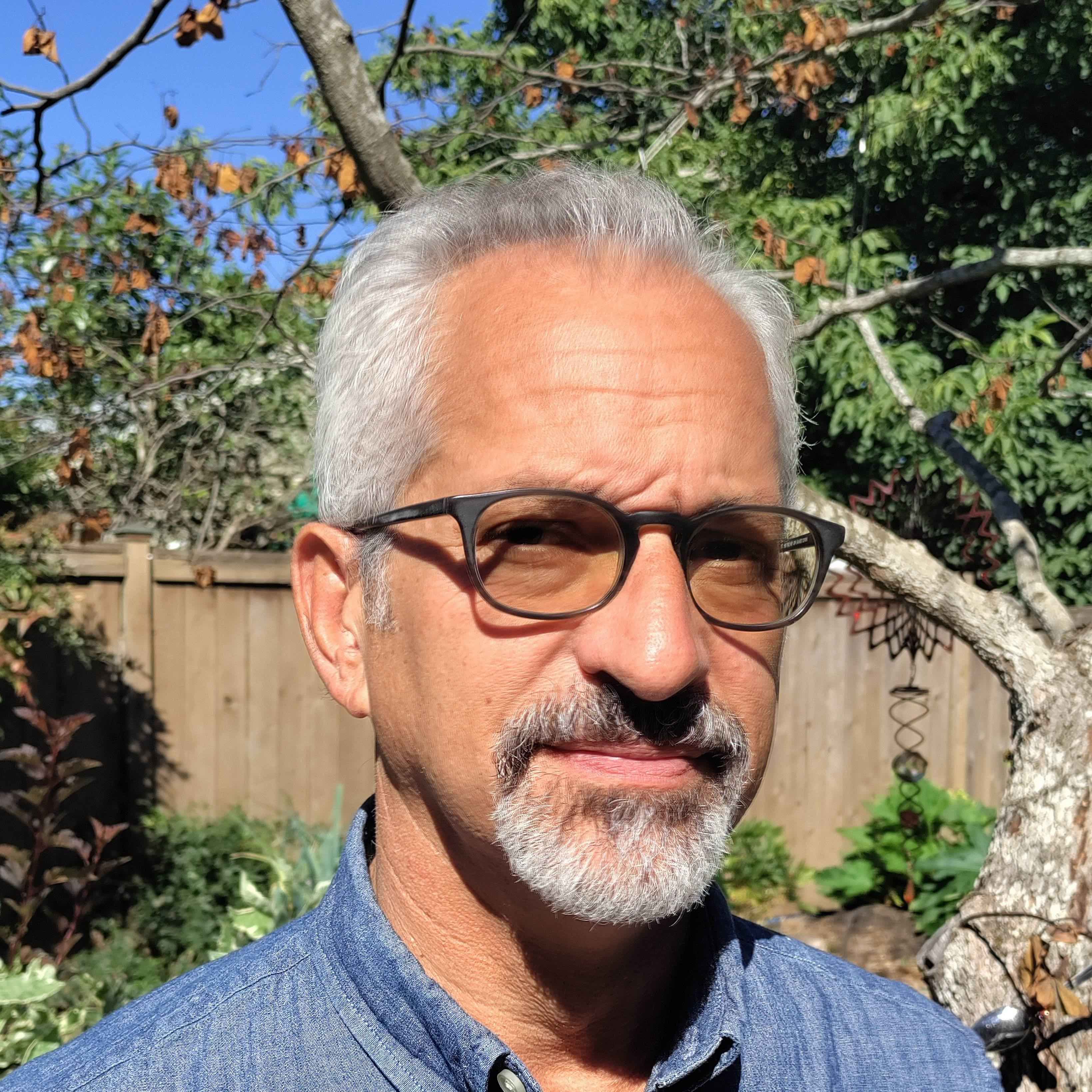 |
Brian Romer (he/him) Brian is an independent Environmental Science book editor, a community engagement Advisor to both Multnomah County and Portland’s Bureau of Planning and Sustainability, and he advocates for climate action with several local nonprofit organizations. |
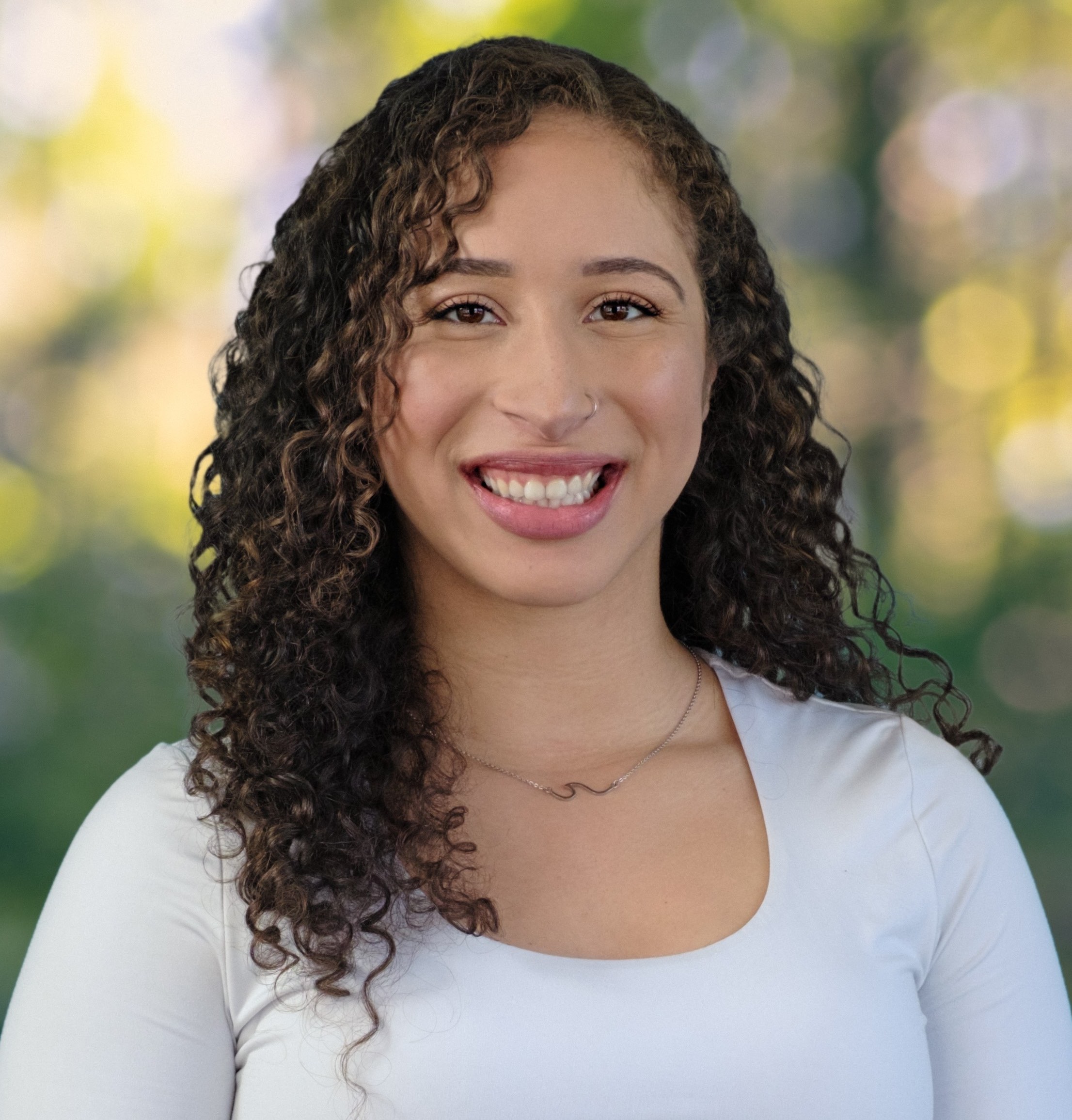 |
Cheyenne Holliday (she/her) Cheyenne is a born and raised Oregonian who grew up on a small farm outside of Portland where her family rescues and rehabilitates horses. She has a background in Conflict and Dispute Resolution and has worked as a conflict resolution specialist, facilitator, and mediator. She works at Verde as the Advocacy Manager to focus on policy development, education, and outreach around economic, environmental, and racial justice issues at both the statewide and national level. In 2020 Cheyenne collaborated on and co-authored the Oregon Water Futures Report which facilitated a series of conversations with Native, Latinx, Black, and various migrant communities across the state. In her spare time, she also coaches competitive cheerleading to Oregon and Washington youth. |
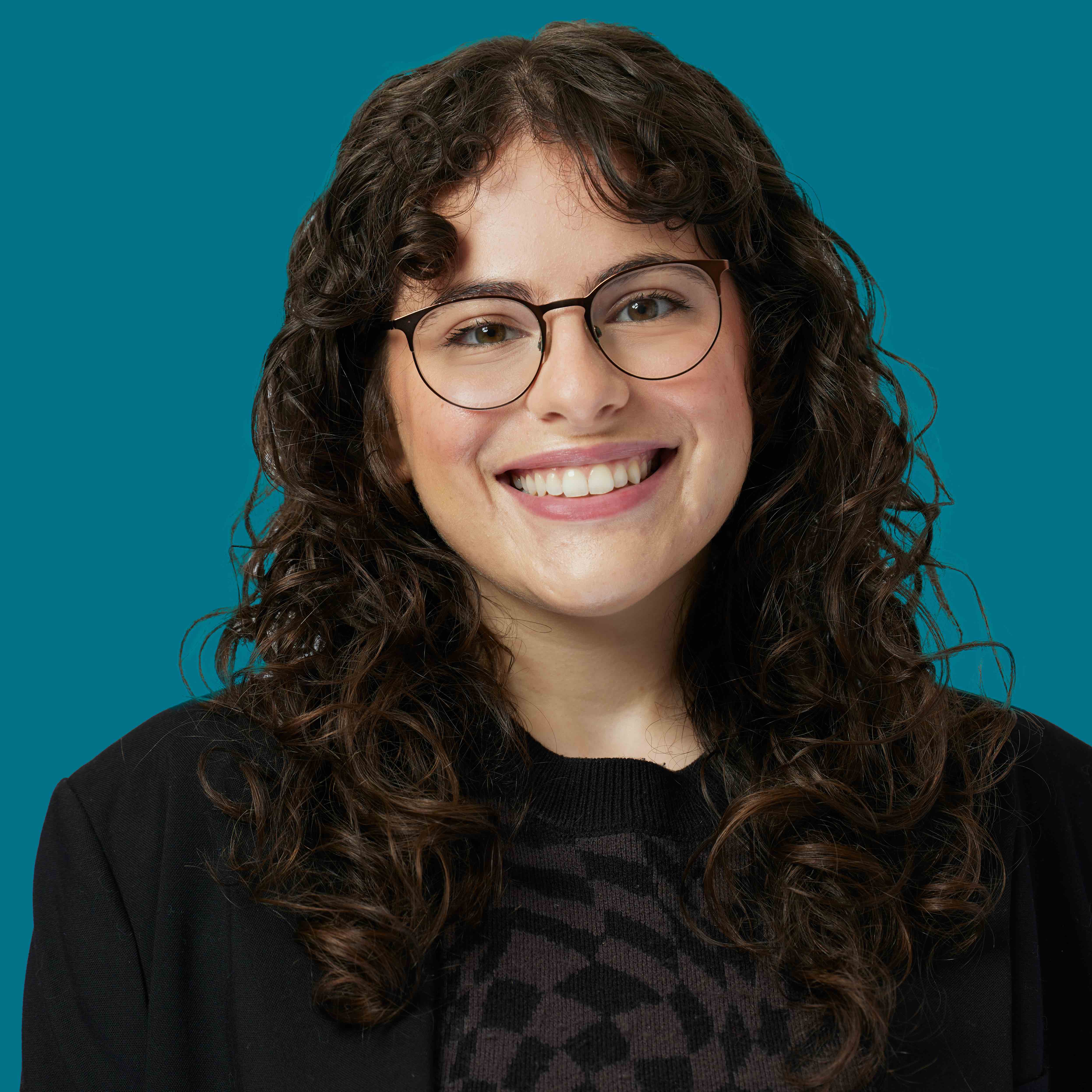 |
Lena Karam (she/her) Lena is the Healthy Homes Coordinator at Community Energy Project. Lena is passionate about community education and sustainable solutions and is eager to share resources and practical skills with community members so they can lead healthy and safe lives! In her free time, Lena enjoys walking and hiking, learning to cook new things, and enjoying a good book. |
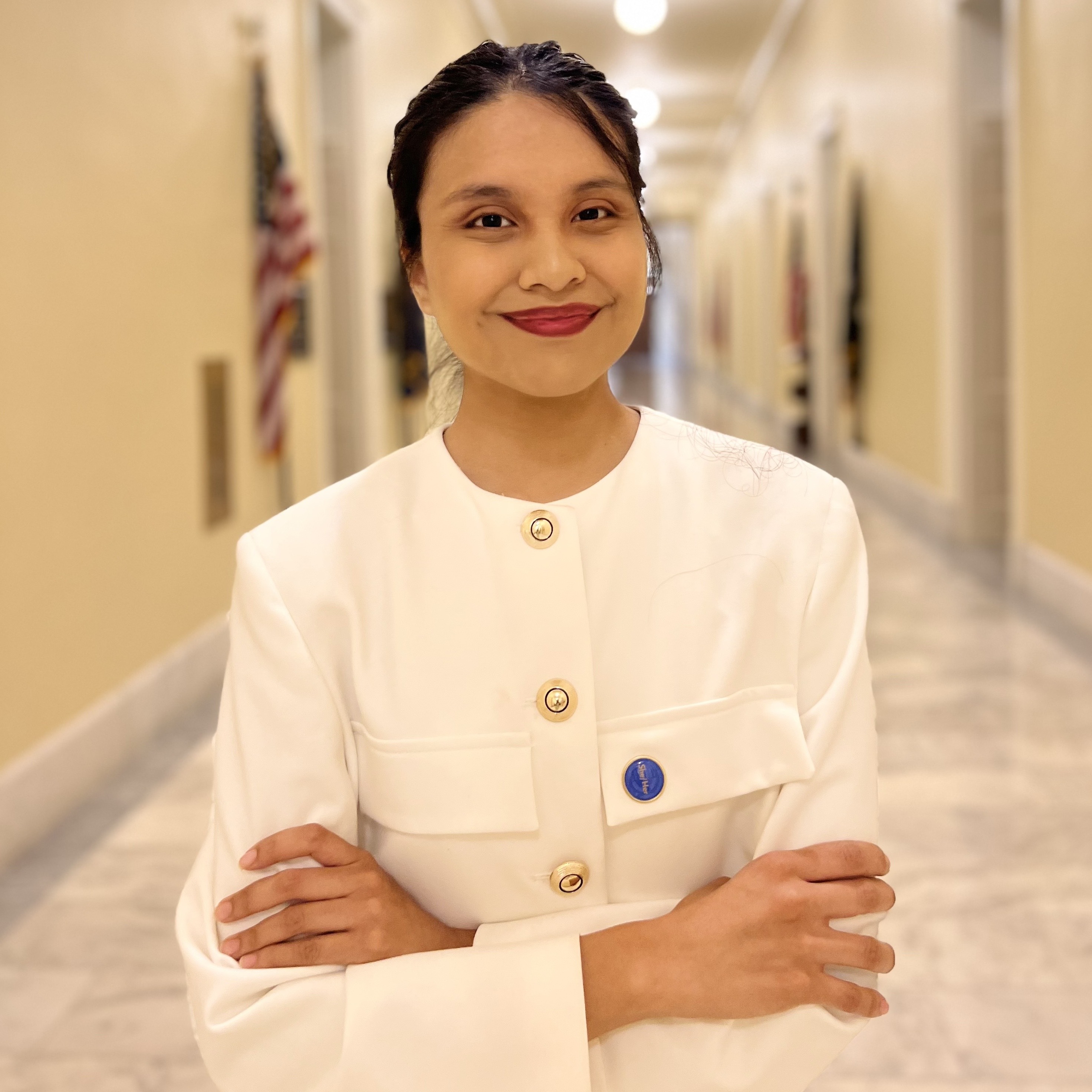 |
Metzin Rodriguez (she/her) Metzin is the Climate and Environmental Justice Policy Coordinator at Unite Oregon - she is interested in Sustainable Communities and International affairs. From Coos Bay, Oregon located in the beautiful and windy south coast of Oregon. Metzin graduated from Oregon State University with a degree from the College of Agricultural Sciences in Bioresource Research Option: Sustainable Ecosystems and a minor in Spanish in 2021. After graduating she has been to South Korea at Yonsei University and Sheffield, United Kingdom continuing learning about foreign affairs and sustainable development seminars thanks to the Gilman Scholarship. Before joining Unite Oregon she worked at the United States Senate. Metzin hopes to support underrepresented communities and move forward the environmental justice agenda.On her free time she enjoys long runs and photoshoots. Lastly, a fun fact about her names “Metzin Aketzali” is that these ones are aztec names and mean: “nube venerable” (venerable cloud) “agua bella y clara” (clear and pretty water). Metzin is looking forward to be part of the Oregon Climate Action Hub advisory board! |
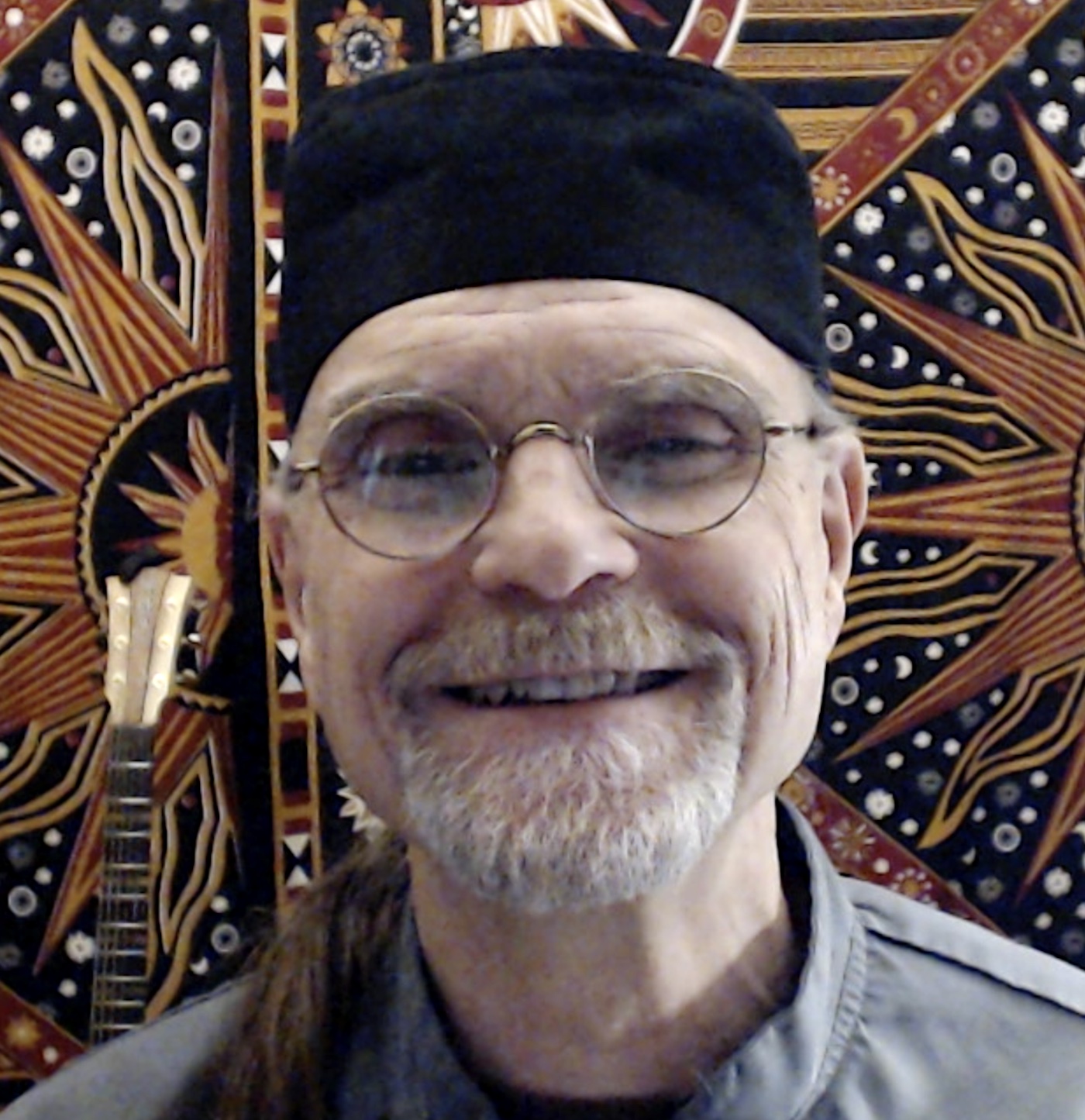 |
David Hakan (he/him) David has been designing curriculum for 50 years. He has spent the last six years teaching adults about getting into action to reverse global warming. He was a Project Advisor for the environmental nonprofit Pachamama Alliance, and is on the design team of the current course, the Introduction to Community Climate Action Training. |
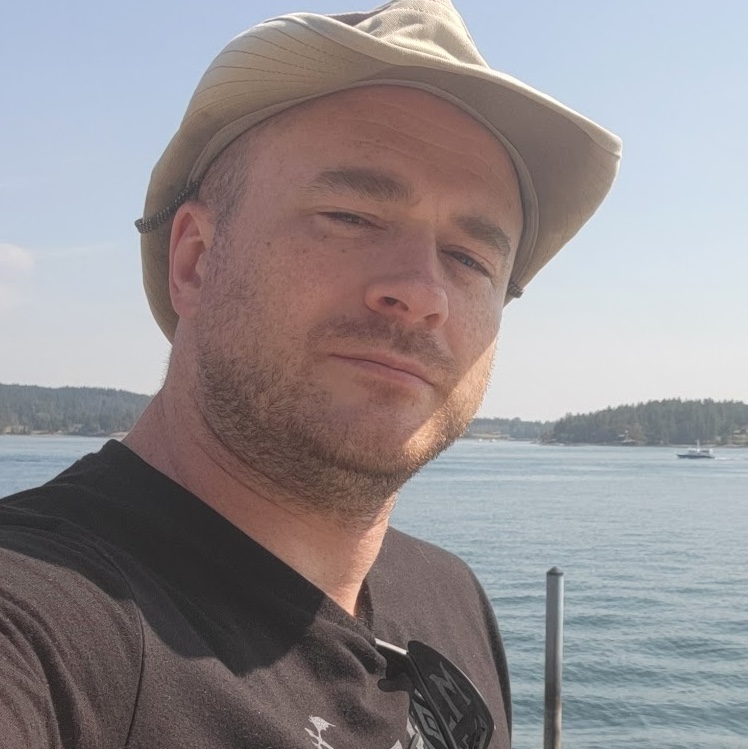 | Ryan Rittenhouse (he/him) Ryan has been both a volunteer and professional activist and organizer for organizations throughout Ohio, Texas, Washington, Oregon, and elsewhere across the country and globe. The groups he has worked or volunteered for include Public Citizen, Friends of the Columbia Gorge, Sierra Club, Greenpeace, Sea Shepherd, and others. Over two decades he has led or supported 50 campaigns to oppose new fossil fuel developments throughout those regions, including proposals to build 12 new coal and oil export facilities along the Pacific Northwest coastline. He has experience in coordinating and cooperating with tribal communities throughout the United States and has always followed a methodology of grassroots activism and empowerment. He currently works for a fine arts center in Beaverton. |
We are, with gratitude, a fiscally-sponsored project of Cascade Pacific RC&D. We offer special thanks to Rick Reynolds and his EngagingNet team for contributing the custom platform and ongoing support.